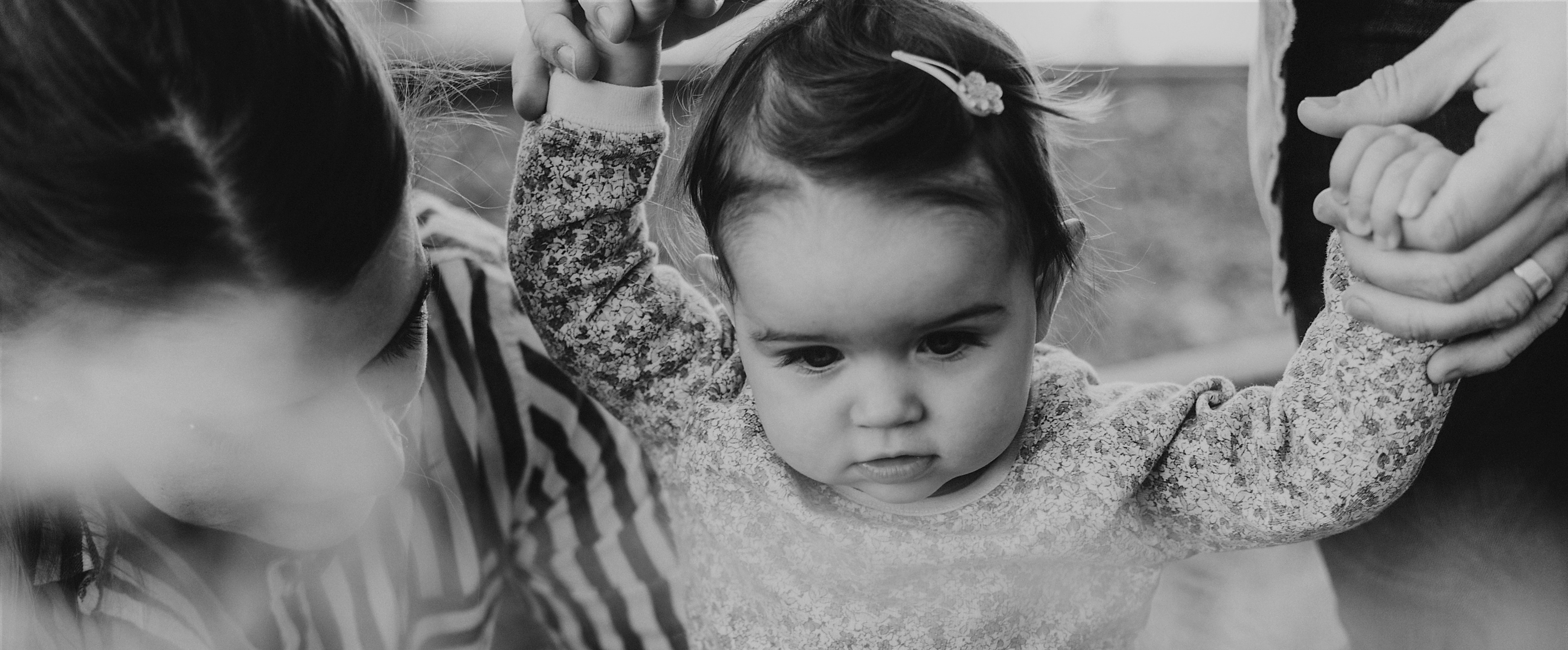
The phenomenon of parental ‘blocked care’ is a term coined by Clinical Psychologists Dan Hughes and Jonathon Baylin and Psychiatrist Dan Siegal. It represents a central feature of the Dyadic Developmental Psychotherapy (DDP) approach to treating children and young people with a history of developmental trauma and attachment disruption.
Neuroscience research into the areas of attachment, trauma and neurobiological development, are teaching us that children’s brains are shaped on a neurological level by their earliest caregiving experiences.
We now even know that an infant’s brain is primed, even in utero, to adapt to the type of care that it anticipates receiving from its primary caregivers in order to maximise its chances of survival. In other words, even in utero, infants are relational.
The Five Care Systems in parents
What is perhaps less known however, is that parents’ brains are also neurologically influenced by their experience of caring for their child – that the relationship is symbiotic. When things are going well, we now understand that five main areas or ‘care systems’ in the parental brain are optimally functioning. These are:
- The Approach System: The system that enables us to fall in love with our children, to crave to be with them and to become completely absorbed in them. This system is associated with the release of oxytocin (colloquially known as the ‘love hormone’).
- The Reward System: The system that enables mutual delight and attunement when a parent interacts with their child. This system is associated with the release of dopamine (the ‘addictive hormone’).
- The Child Reading System: The system that enables parents to positively interpret our child’s behaviours and motivations and to remain interested in their unique qualities.
- The Meaning-Making System: The system that enables parents to think positively and meaningfully about their relationship with their child.
- The Executive System: The system that enables us to physically care for our children.
For some parent-child dyads however, things do not go so well and one or more of these care systems do not operate optimally. For example, some parents may face unmanageable levels of stress whilst caring for their infants, which may be exacerbated by their own poorly developed care and emotional-regulation systems.
Others may be offering reparative foster parenting to children who, owing to previous experiences of abusive or neglectful parenting, now fear, mistrust and reject the care they are being offered, which can be extremely painful for their new carers to bear.
The real risk when things go wrong however, is that parents may enter (chronic or acute) periods of ‘blocked care’. When this happens, the first four systems listed above start to shut down. The parent no longer experiences joy or fulfilment of being with their child. They do not get the rushes of oxytocin and dopamine that other parents get, and they do not seek to be with their child.
These parents also become much more likely to interpret their child’s behaviours and motivations from a negative perspective (e.g. “he is manipulating me” or “she is a spiteful child”) as well as their own relationship with the child (e.g. “I am a rubbish parent”).
In psysiological terms a stressed out parent is operating in ‘survival mode’. They are no longer able to remain open and engaged to the child’s emotional and developmental needs and are simply coping. The feedback system between child-parent-child has effectively shut down, or become ‘blocked’.
Without external support, the final care system – the executive system – may also start to shut down. This is the point when we start to see abusive or neglectful parenting emerge where parents are physically unable to care for their child or children.
The growing evidence-base for blocked care highlights the crucial need for psycho-education, as well as early and non-judgmental support to parents and carers who are most vulnerable to it.
References:
Hughes, D. & Baylin, J. (2012). Brain-Based Parenting: The Neuroscience of caregiving for healthy attachment. Norton
Hughes, D. & Baylin, J. (2016). The Neurobiology of Attachment-Focused Therapy: Enhancing Connection & Trust in the Treatment of Children & Adolescents. Norton
Siegal, D. & Hartzell, M. (2003). Parenting from the Inside Out. Tarcher/Penguin
Please follow the links to find out more about about our therapists and the types of therapy services we offer. We have practices in Hove and Lewes. Online therapy is also available.
Leave a Reply